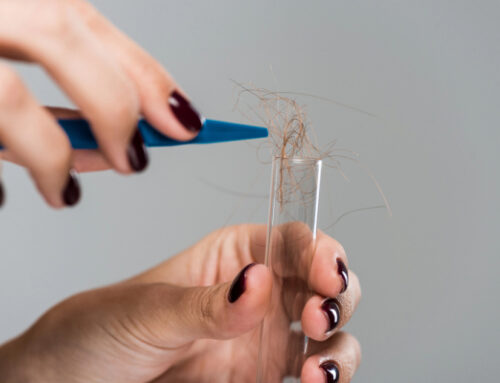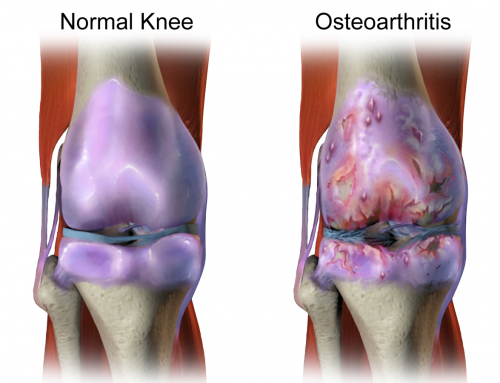 Cell phones and wi-fi are a part of all of our daily lives, for better and worse. One factor in the “worse” column, often overlooked, is the fact that cell phones and wi-fi signals emit radiation. When hearing the word “radiation,” most people imagine a nuclear mushroom cloud. But we know from long experience the unhealthy effects of frequent, long-term exposure to even low levels of radiation.
Cell phones and wi-fi are a part of all of our daily lives, for better and worse. One factor in the “worse” column, often overlooked, is the fact that cell phones and wi-fi signals emit radiation. When hearing the word “radiation,” most people imagine a nuclear mushroom cloud. But we know from long experience the unhealthy effects of frequent, long-term exposure to even low levels of radiation.
Studies have indicated that mental health symptoms, sleep disturbance and depression, tend to appear more frequently among those with higher amounts of cell phone use. And at least six countries have issued warnings to consumers to reduce cell phone radiation exposure, especially regarding children. We know that children’s brains absorb twice as much cell phone radiation as those of adults.
Research has also pointed to an increased likelihood of long-term effects of radiation exposure, such as cancer, neurological diseases, genetic effects such as male sterility, miscarriage and birth defects, as well as asthma, diabetes, thyroid dysfunction and bleeding disorders.
What can you do to minimize this risk? Here are seven tips:
1. Use a headset or your speaker phone. Choose either a wired or wireless headset, but if you go wireless, make sure to take your headset out of your ears when you’re not on a call. If you don’t have a headset, use your speaker mode.
2. When using your phone, keep the phone away from your body. The amount of radiation you’ll absorb decreases dramatically with more distance between your body and your phone. So, avoid putting your phone in your pocket or clipping it to your belt, even when using your headset.
3. Text more, talk less. Cell phones emit less radiation when sending texts rather than voice communication.
4. Don’t talk on your phone when you’re in a car. Cell phones emit more radiation when they are changing cell towers, which happens frequently during automobile travel.
5. Call when the signal is strong. Research shows that radiation exposure increases dramatically when cell phone signals are weak.
6. Turn your electronic devices to airplane mode when possible. When a phone is on but not in use, it still sends out intermittent signals, which means radiation exposure is still happening. If you use your phone as an alarm clock, just switch to airplane mode at night. Leaving your cell phone on and under your pillow is a bad idea!
7. Do not sit or sleep in close proximity to a wireless router. Try to keep your router as far away from sleeping areas as you can. Remember that radiation can and does travel through walls, losing only part of its strength.
For more information, visit these websites:
www.powerwatch.org.uk/rf/wifi.asp




Leave A Comment